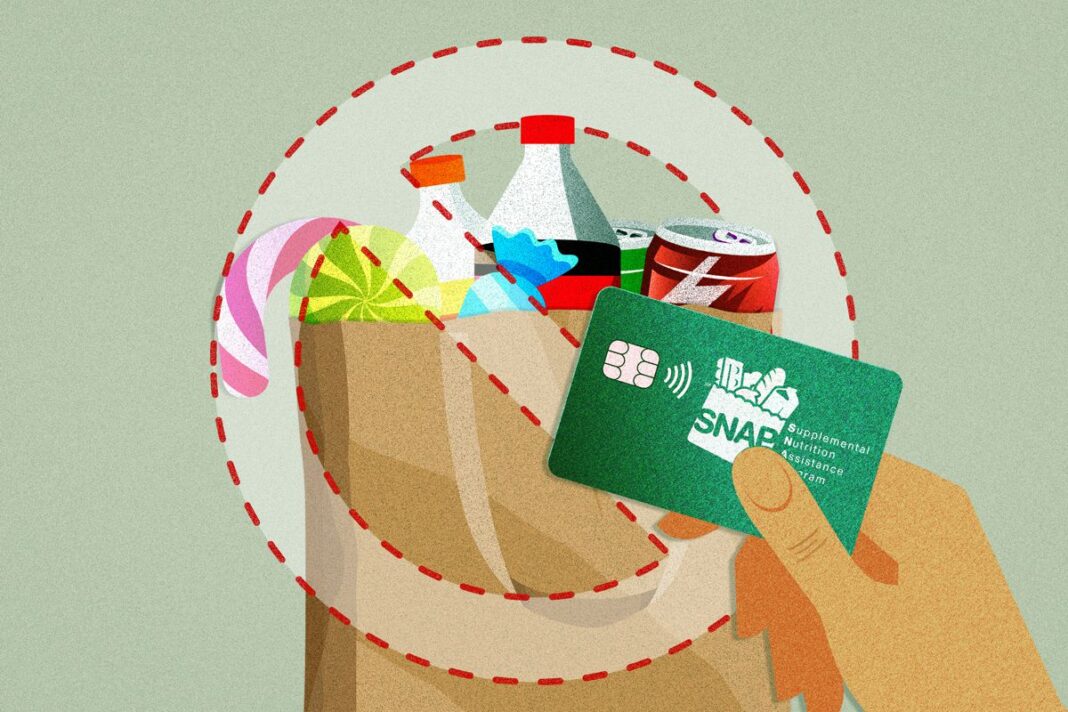‘We have people who are obese who are at the same time malnourished, because the food that we’re eating is not nutrient-dense anymore,’ Kennedy said.
INDIANAPOLIS—“It’s not food. It’s food-like substances.”
Health and Human Services Secretary Robert F. Kennedy Jr. described the many manufactured food products offered that are high in calories but low in nutritional value.
“So, strawberry flavoring in food, but there’s no nutrients. It’s sugar.” Kennedy said. “Your body is craving that, but it doesn’t get filled up. It doesn’t give you nutrition, but you want to eat more.”
Kennedy, a longtime health advocate, has championed President Donald Trump’s call for “fresh thinking on nutrition” as part of the Make America Healthy Again initiative. The secretary spoke in Indianapolis on April 15 in support of Gov. Mike Braun’s announcement of nine health-related executive orders.
Kennedy has urged states to prohibit the use of Supplemental Nutrition Assistance Program (SNAP) funds to purchase certain foods with high sugar content but little nutritional value.
SNAP, colloquially known as food stamps, is a federal program administered by the states that helps nearly 42 million low-income Americans pay for food.
To change the list of foods eligible for purchase with SNAP funds, states must request a waiver from the U.S. Department of Agriculture (USDA). A handful of states, including Indiana, are doing that.
Advocates call this a commonsense way to promote better food choices.
Some critics say the initiative amounts to virtue signaling, a symbolic action unlikely to produce any positive effect.
Kennedy hopes it will fuel a movement toward healthier food consumption that will reverse the growing prevalence of obesity among Americans.
Junk Food Origins
Kennedy and others have blamed the glut of tasty but vacuous foods on big tobacco companies, which entered the food industry more than 60 years ago.
In the 1960s, R.J. Reynolds and Philip Morris, then the largest tobacco brands, began developing children’s beverages including Hawaiian Punch, Kool-Aid, Capri Sun, and Tang, according to a report from The BMJ, formerly the British Medical Journal.
“Tobacco executives transferred their knowledge of marketing to young people and expanded product lines using colours, flavours, and marketing strategies originally designed to market cigarettes,” a team of researchers reported.






